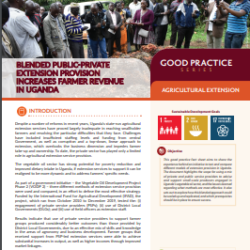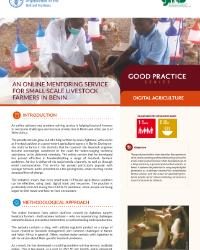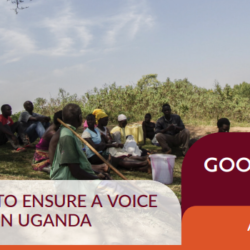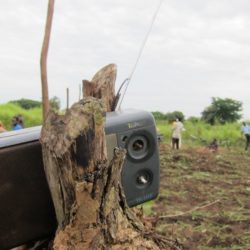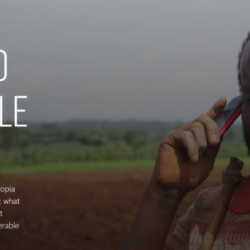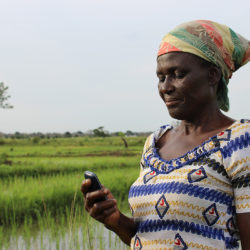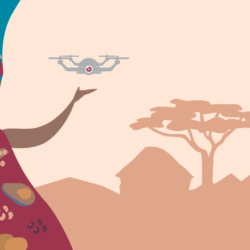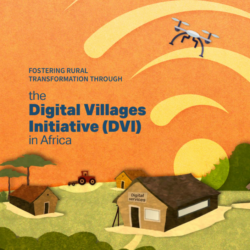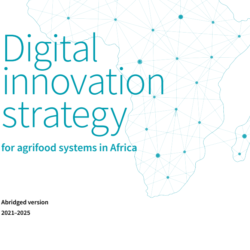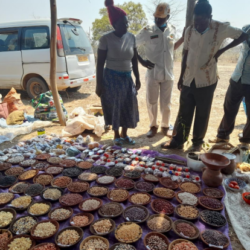BLENDED PUBLIC-PRIVATE EXTENSION PROVISION INCREASES FARMER REVENUE IN UGANDA
This good practice fact sheet aims to share the experience behind an initiative to test and compare different models of extension provision in Uganda. The document highlights the scope for using a mix of private and public service providers to advise and support small-scale producers engaged in Uganda’s vegetable oil sector, and the lessons learned regarding what methods are most effective. It also sets out to explore how this blended

